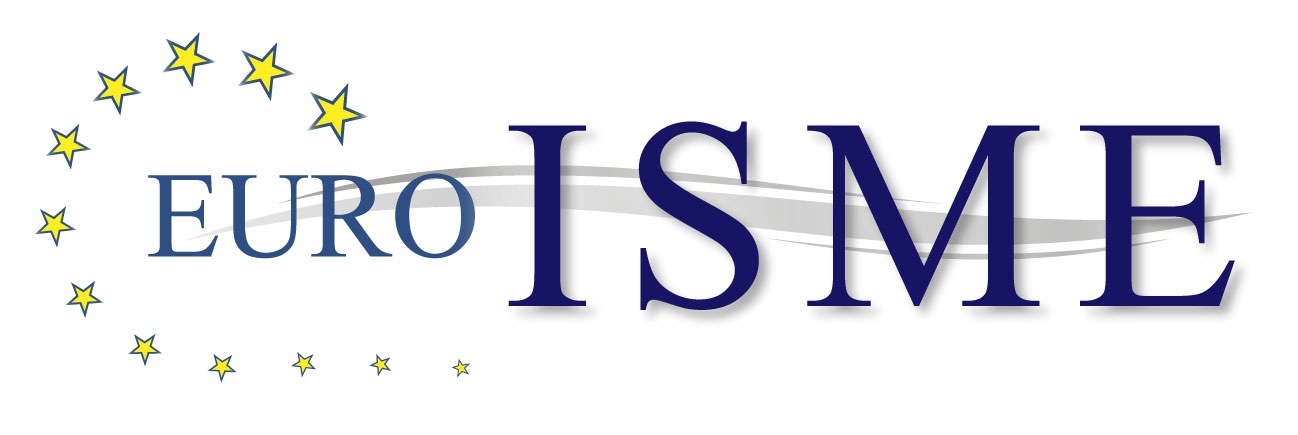A turning point in security policy: Putin's war of aggression and the realignment of the Bundeswehr
By Prof. Dr. Herfried Münkler
Disclaimer: This blog entry is republished with the friendly approval of the author. It was first published on the website of our "Institutional Member" zebis/Positionen where it is also available in German language
It was not thought possible that there would be war again in Europe in the 21st century. – This or something similar is currently the most frequently heard comment on the Russian attack on Ukraine. It not only communicates horror, but also forgetfulness, because there was also war in Europe in the 1990s: the Yugoslav wars of disintegration dragged on for years, and there is still no real peace in the Balkans to this day. Well, one could say, but that was still in the 20th century. Moreover, it was not a war of aggression, but a succession of wars of disintegration and civil wars. The Russian “pacification war” in Chechnya also took place in the last decade of the 20th century, with the disturbing images of the totally destroyed Grozny, which are now re-emerging from memory under the impression of the attacks on Kharkiv and Kyiv. The wars in Europe also include the Russian-led war in Georgia in 2008 or the war between Azerbaijan and Armenia, both wars of the 21st century. The horror of the war in Europe in the 21st century says more about our repression capacity than about the real situation.
We glossed over the circumstances, pushed aside what we didn't want to see, suppressed what we saw, and from a security policy point of view we declared the worst-case scenarios to be quite improbable so that we could concentrate entirely on the best-case scenarios.
This is one of the self-soothing mechanisms of a post-heroic society. She downplays the need for self-assertion in a troubled world. Accordingly, the Bundeswehr has also come to the fringes of the political and social attention spectrum - in terms of financial resources, but also in terms of social esteem. That changed with Putin's massive attack on Ukraine, and given the images of the Russian military's brutal actions in bombing and starving besieged Ukrainian cities, there are strong reasons to believe that this will not be easily forgotten and repressed. From politics to science to the media, the terms "turning point" and "caesura" are used. In concrete terms, this means that the weighting between best-case and worst-case scenarios has changed permanently, that anyone who says that you "really couldn't have expected it" is considered naïve, and that we are entering an era in which military budgets are rising again and questions of security against external threats are at the center of political debates.

What does that mean for the Bundeswehr? First and foremost, that she has to expand the range of her skills and train herself for tasks that have recently been seen as marginal. The national and alliance defense will move back into focus. This has mainly to do with the long border that from now on will separate the NATO states from Russia and the formerly independent states more or less incorporated by Putin. This border stretches from the Baltic Sea to the Black Sea, and there are no longer any buffer zones in between, like Belarus and, ultimately, Ukraine were until recently. This border could be even longer if Sweden and Finland move closer to NATO. This is a much longer immediate frontier than there was during the Cold War era. And it's a frontier to a far more unpredictable and aggressive competitor than the late Soviet Union was.
At the same time, out-of-area operations, which have been at the heart of the Bundeswehr's capability spectrum in recent years, will not disappear from the agenda. Central Asia will no longer play a role, but Africa will take its place, especially northern Africa including the Sahel zone, where, alongside jihadist terrorist groups, the Russian mercenaries known as the Wagner group are increasingly appearing in order to conquer spheres of influence for Russia. The deceleration of migration movements will not be in Russia's interest, because such movements can lead to internal destabilization of the EU. And that is exactly what could be part of Putin's destructive policy.
In the future, NATO will have to face three major challenges: that of Russia, which, as recent developments have shown, has a conventional and a nuclear component; a zone of instability stretching from the Caucasus and the Black Sea far into the Balkans, where wars within society, civil wars are to be expected that are to be turned into frozen conflicts before they set the entire region on fire; and finally the conflicts and wars in North Africa, where the Europeans transfer political stability and economic prosperity, while their opponents take on the much easier part of destabilization. And all of this will take place under conditions where US political-military backing cannot be fully relied on - not anymore. Where a Mr. Trump was able to get into the presidency, something similar can happen again at any time.
Analysis of the geopolitical constellations shows that the situation for Europeans is anything but rosy. The days when people assumed they lived in a rules-regulated and values-based world order and worked to enforce that order everywhere are definitely over. Now it's about self-assertion and the defense of rules and values in a limited space that can be classified as the own space of "the West" - or possibly only the Europeans. This is a big change that has rightly been described as a "watershed" or "turning point" - not only for the Bundeswehr or the defense department, but for German society as a whole and, by the way, also for the other societies in the EU.
Credits: Photo by Bobby Stevenson on Unsplash
